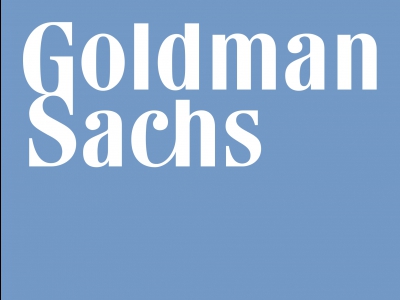A blockchain start-up that invents the best way of transforming banking and finances would get a prize from the Spanish bank fund, and help in setting a new fintech business. The receipt of applications closes on 31 December 2015.
The Distributed Ledger Challenge, organized by Santander Innoventures in cooperation with Onevest, a startup specializing in helping startups and connecting them with angel investors, invites blockchain companies to offer a solution that would transform a branch of finance industry. The main opportunities, according to Santander Innoventures, belong to the fields of trade finance, mortgage processing, securities settlement and processing, but the list is far from being exhaustive. According to Mariano Belinky, the managing director of Santander Innoventures,
The applications will be received from 5 November to 31 December, and immediately after the New Year eight finalists would be chosen for a final competition in New York in late January 2016. The winner is promised a $15,000 award as well as help in future development of the business project. Onevest would present the winner to its angel investors and Santander Innoventures would offer a partnership with its parent bank.
Santander Innoventures is a $100 million investment fund created by the Spanish bank group Santander in July 2014. It aims “to support the digital revolution” by partnering with small FinTech businesses and start-ups. Santander is the largest bank in euro zone by market capitalization, operating across Europe, Latin America, North America and Asia.
In June 2015, a paper published by Santander Innoventures, suggested that by 2022, the blockchain technology may save banks $15-20 billion a year by reducing infrastructure costs associated with cross-border payments, securities trading and regulatory compliance. The paper also affirmed that distributed ledgers can provide an essential transparency for products whose underlying assets are now opaque (e.g. securitisations) or establish property rights where they are made uncertain by the role of central authorities.
Alexey Tereshchenko

















